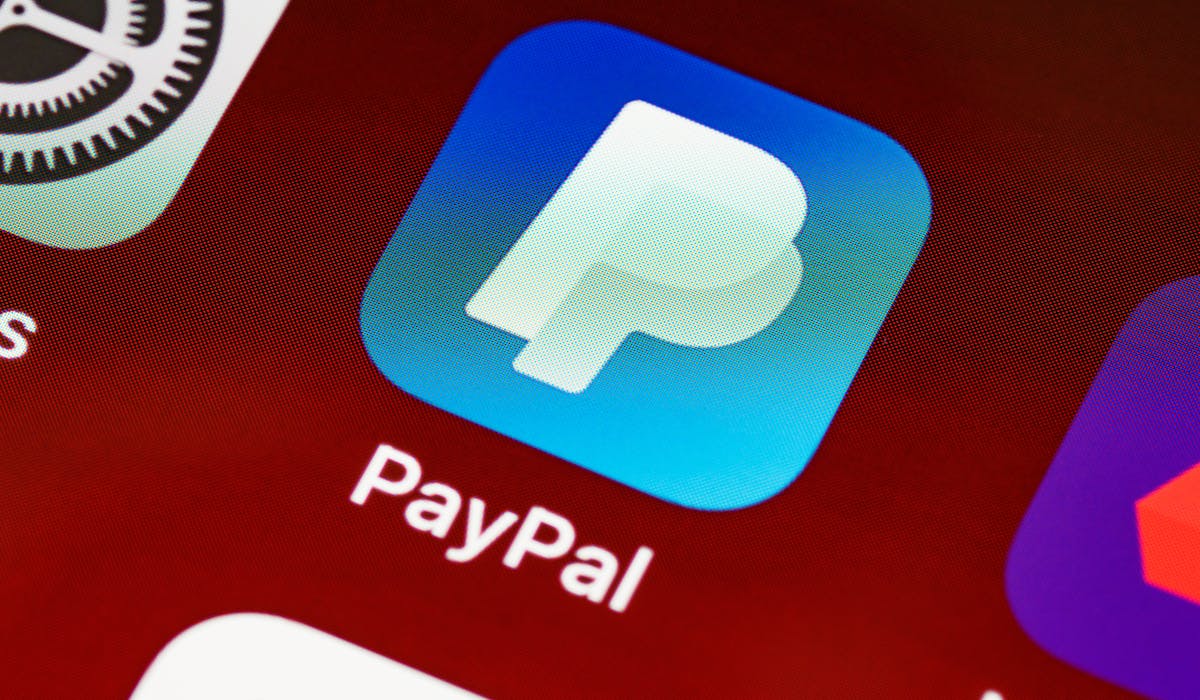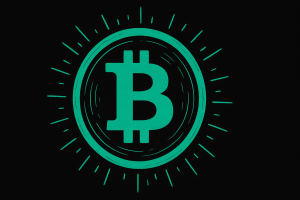- PayPal has expanded its crypto services for U.S. merchants, allowing transactions directly from business accounts.
- Litecoin’s adoption grows with companies like MoneyGram and AMC integrating cryptocurrency payment options.
Recently, Litecoin tweeted that PayPal has expanded its crypto services for US business accounts, enabling merchants to purchase, retain, sell, and trade Bitcoin, Ethereum, Litecoin, and their stablecoin, PayPal USD (PYUSD).
US merchants on Paypal can now be paid, hold and trade in Litecoin. $LTC is one of the select few cryptos made available to millions of #Paypal businesses! And you can send your Litecoin to your own wallet pic.twitter.com/P9sNxeqL5X
— Litecoin (@litecoin) October 3, 2024
Litecoin Adoption Expands with PayPal and Major Companies Embracing Crypto
Using their PayPal business accounts, US Merchant may now make crypto transactions straight-forward. They can also transfer and retrieve crypto on the blockchain to outside wallets.
Previously, CNF had reported that via its mobile app, MoneyGram has now allowed its US consumers access to trade and retain Litecoin and numerous other major cryptocurrencies.
Furthermore, as we previously noted, one of the biggest movie theater chains in the world, AMC, has welcomed cryptocurrencies as a payment method. Over its 900+ outlets, AMC CEO Adam Aron revealed that they will be extending crypto payment options, including Bitcoin, Ethereum, Litecoin, and Bitcoin Cash.
Aron also said that, in line with customer increasing interest in cryptocurrency, the worldwide deployment of these payment options would take place by the end of the year.
Meanwhile, as of writing, the Litecoin native token, LTC, is trading at roughly $64.32, up 1.03% over the last 24 hours. With a market cap of more than $4.8 billion, Litecoin shows that demand for the old token is still strong.
It is evident that cryptocurrencies are becoming more popular as more big businesses, including PayPal, MoneyGram, and AMC, let users of digital currency access them.
Adoption of cryptocurrencies by different business sectors indicates that digital assets are no longer only a tool for speculation; rather, they are a necessary component of daily transactions for consumers and companies all around.





















